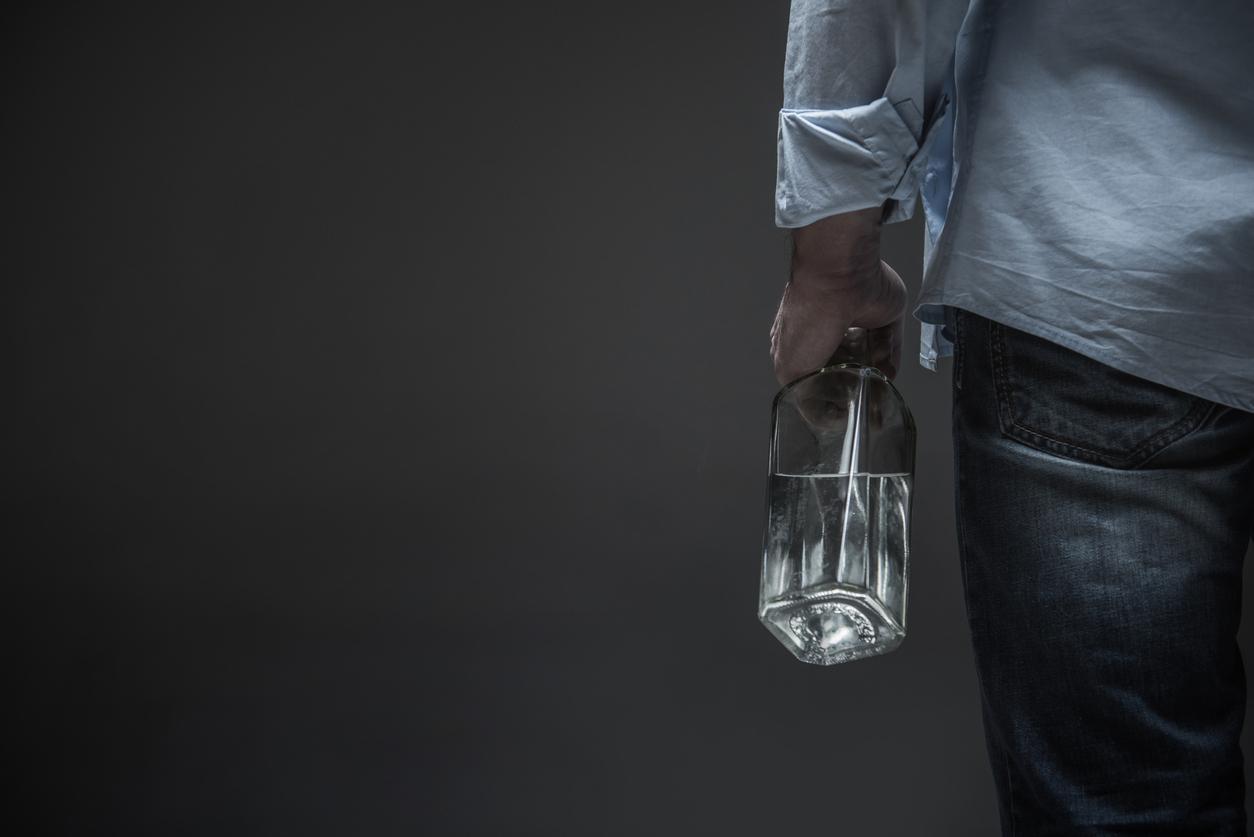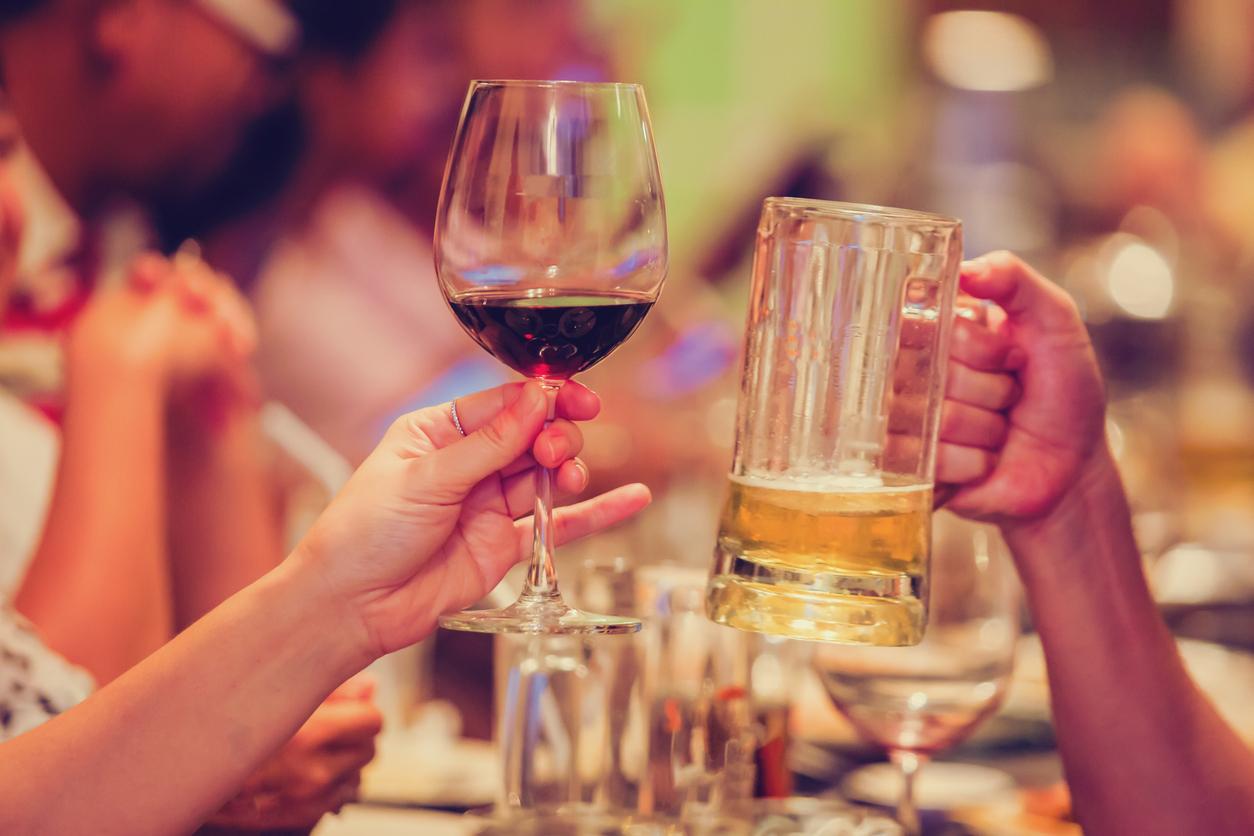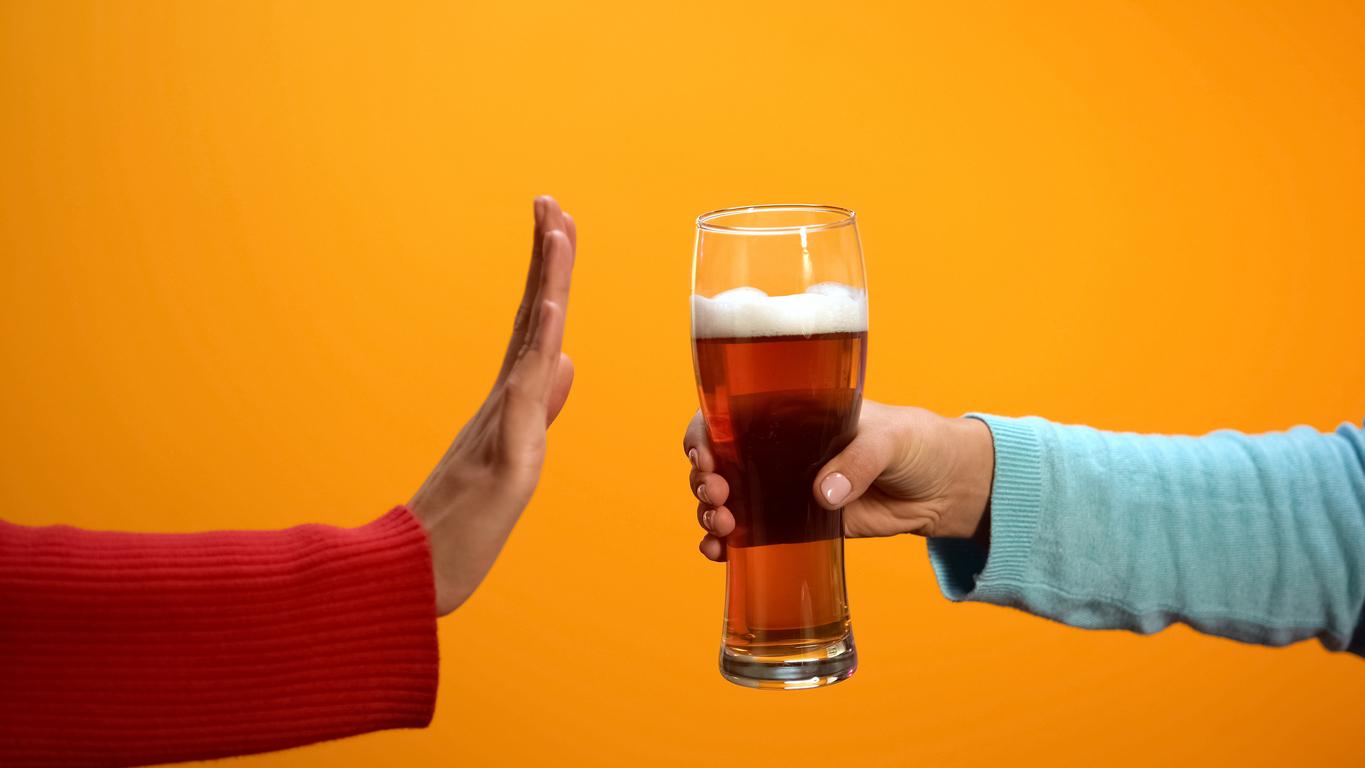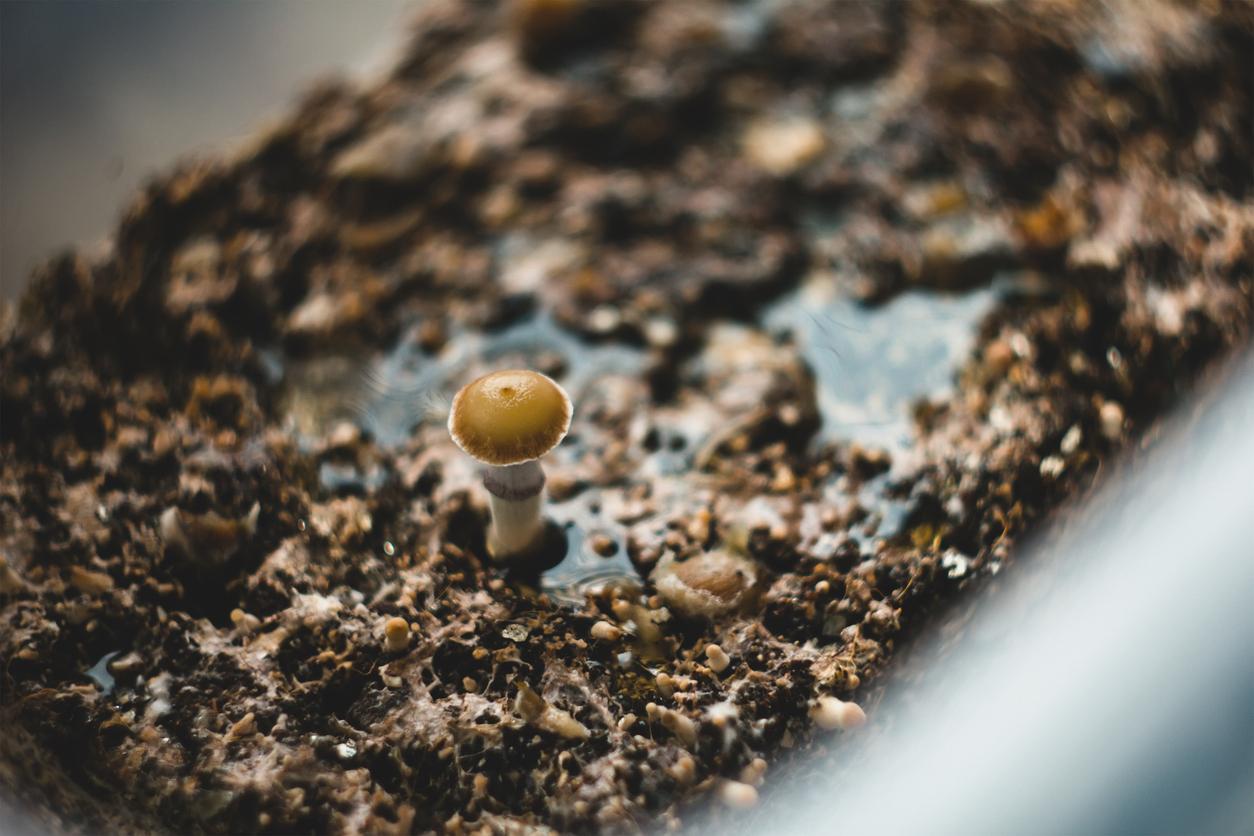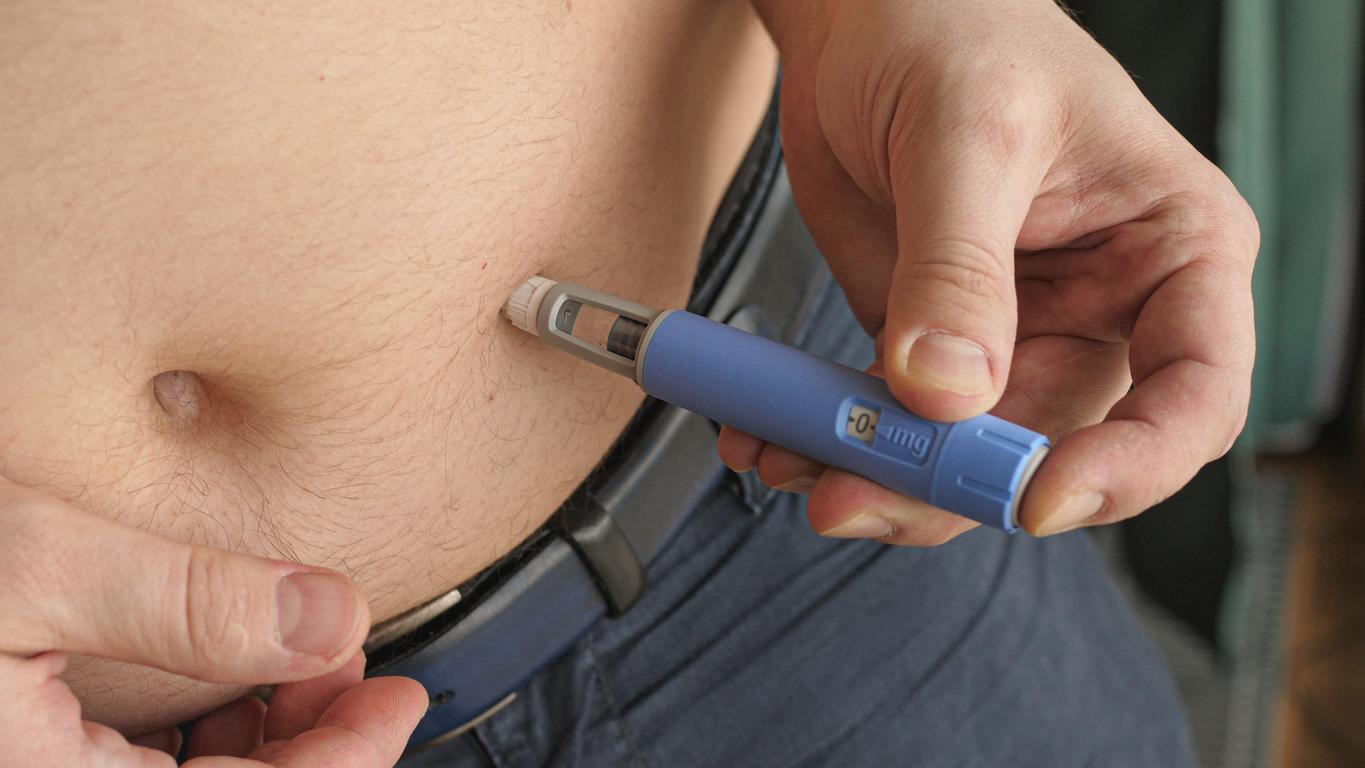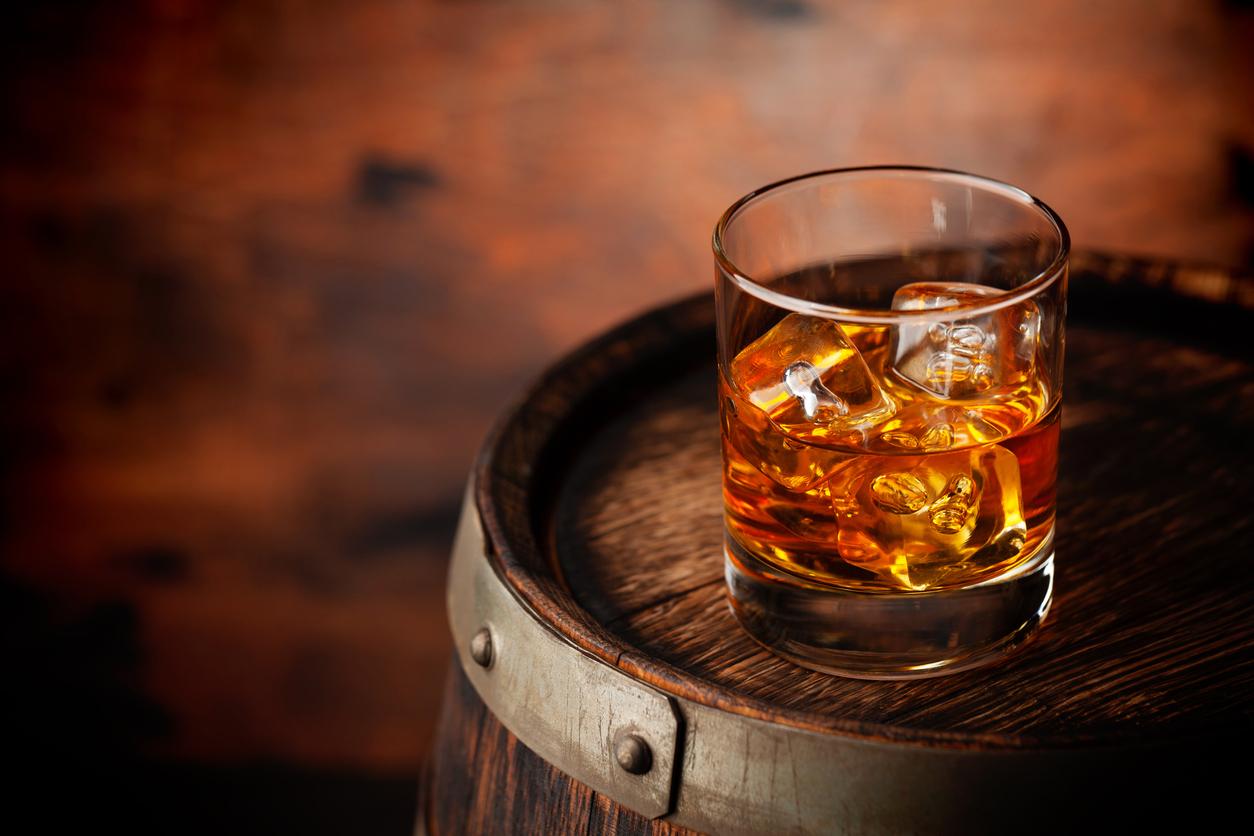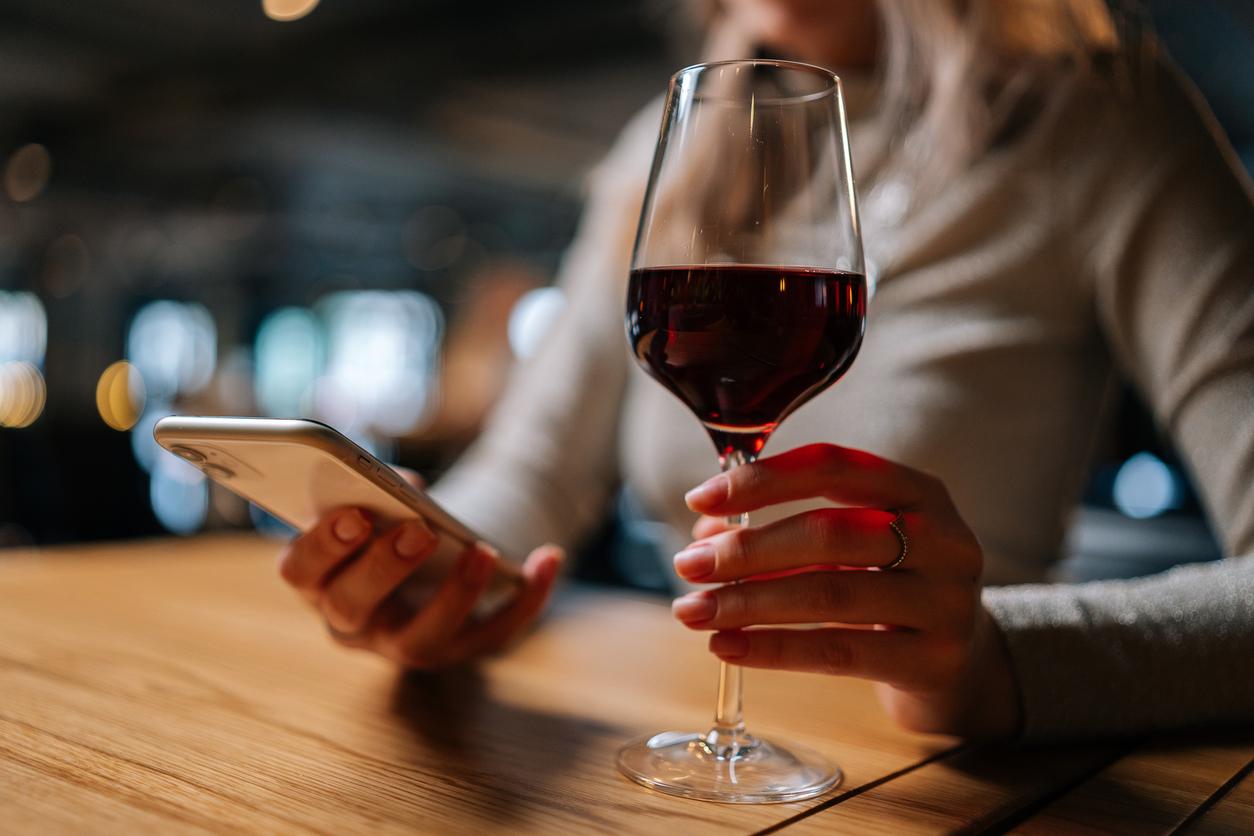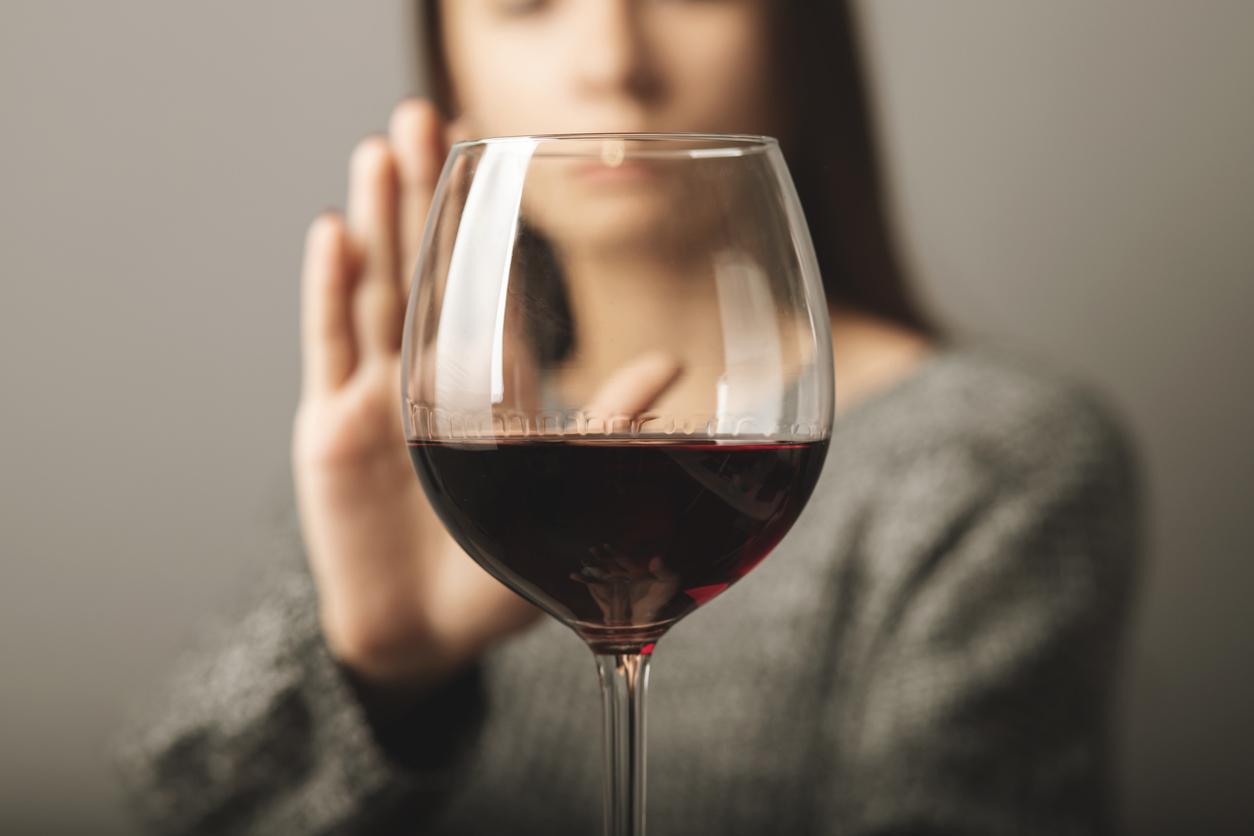The debate around the prescription of Baclofen in high doses for people suffering from alcoholism is intensifying with the referral to the Council of State. But is Baclofen really effective in combating alcohol addiction? Response elements.
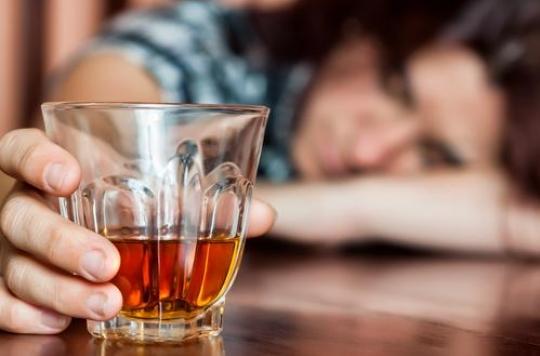
The controversy surrounding this drug continues: a patient seized the Council of State on January 24 to demand the right to prescribe Baclofen in high doses to alcoholics. “There is a real emergency: 40,000 people are in immediate danger relapse into their alcohol addiction, “said her husband Thomas Maës-Martin, founder of the collective Baclohelp Quoted by West France. Two appeals were filed: one for annulment to challenge the ban and the other to request its urgent suspension. The date of the hearing is not yet known.
From 300 mg per day to 80 mg
In 2004, Professor Olivier AMEISEN discovered that prescribed in high doses, this muscle relaxant was effective in the cure of alcohol dependence. The drug was therefore prescribed for these reasons from 2014, but in July 2017, the National Medicines Safety Agency (ANSM) published a study co-carried out by the National Health Insurance Fund (CNAM) and Inserm, concluding that the level of safety of the drug is “of concern” when used in high doses in alcoholics. In the process, the ANSM reduced the prescription dose to 80 mg per day, against 300 mg previously “given the increased risk of hospitalization and death”.
“Of course there is side effects at first mainly psychiatric, concedes Thomas Maës-Martin, reason for which this drug must be given by competent doctors. But it passes after three months and Baclofen can come out of people 30 years of alcoholism in a few months. “But is Baclofen really effective in weaning people addicted to alcohol?
Baclofen, a placebo?
The ALPADIR study published in Alcohol and Alcoholism in May 2017, demonstrated that Baclofen does not cause a major difference compared to a placebo. 320 adult alcoholics were recruited from French addiction services. Half of them were prescribed Baclofen, while the other volunteers were given a placebo. It was observed after six months of treatment that the molecule had a low efficacy: 12% of patients on medication did not consume alcohol for 20 consecutive weeks, against 10.5% in the placebo group. Baclofen, reality or illusion?

.







